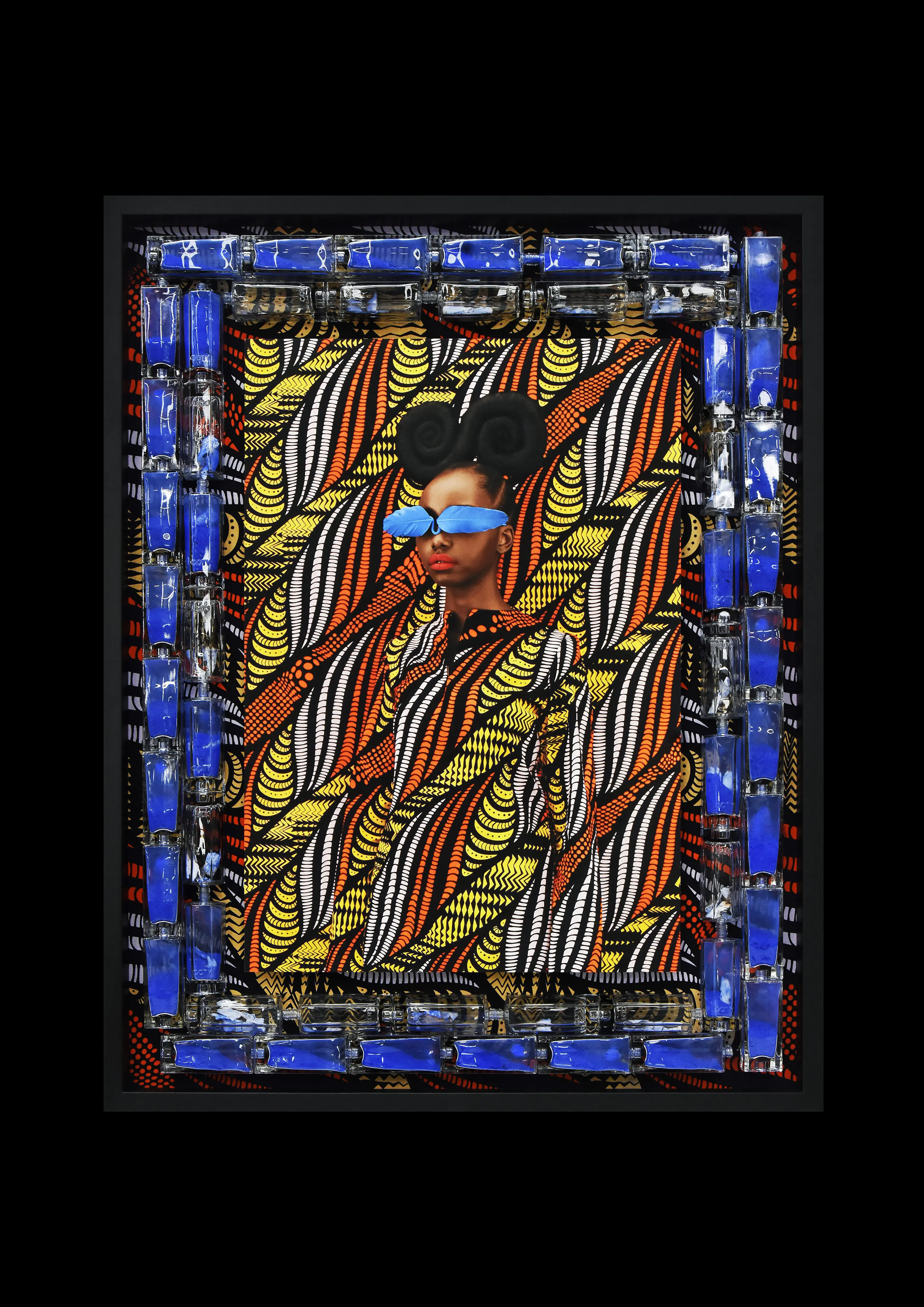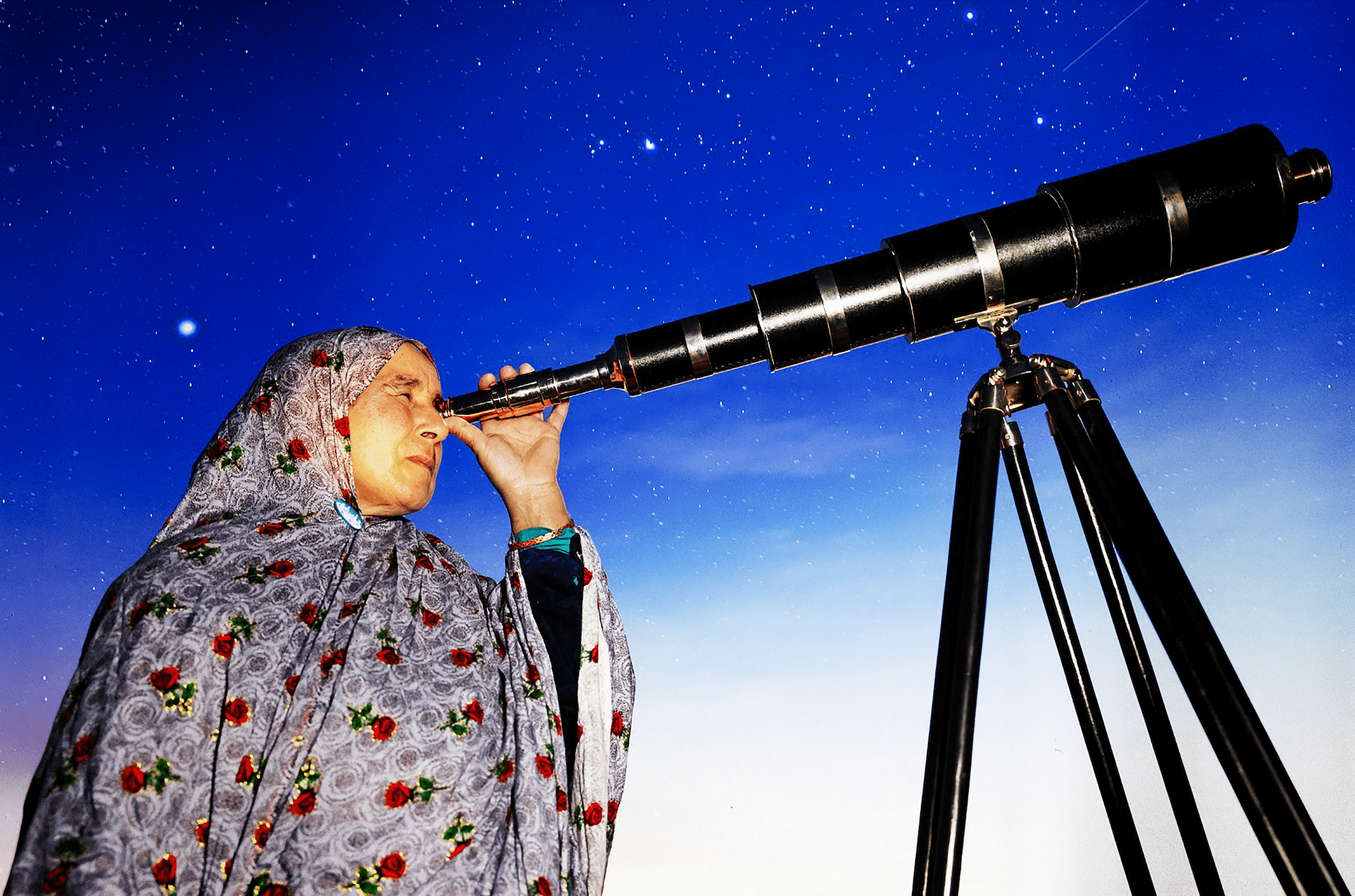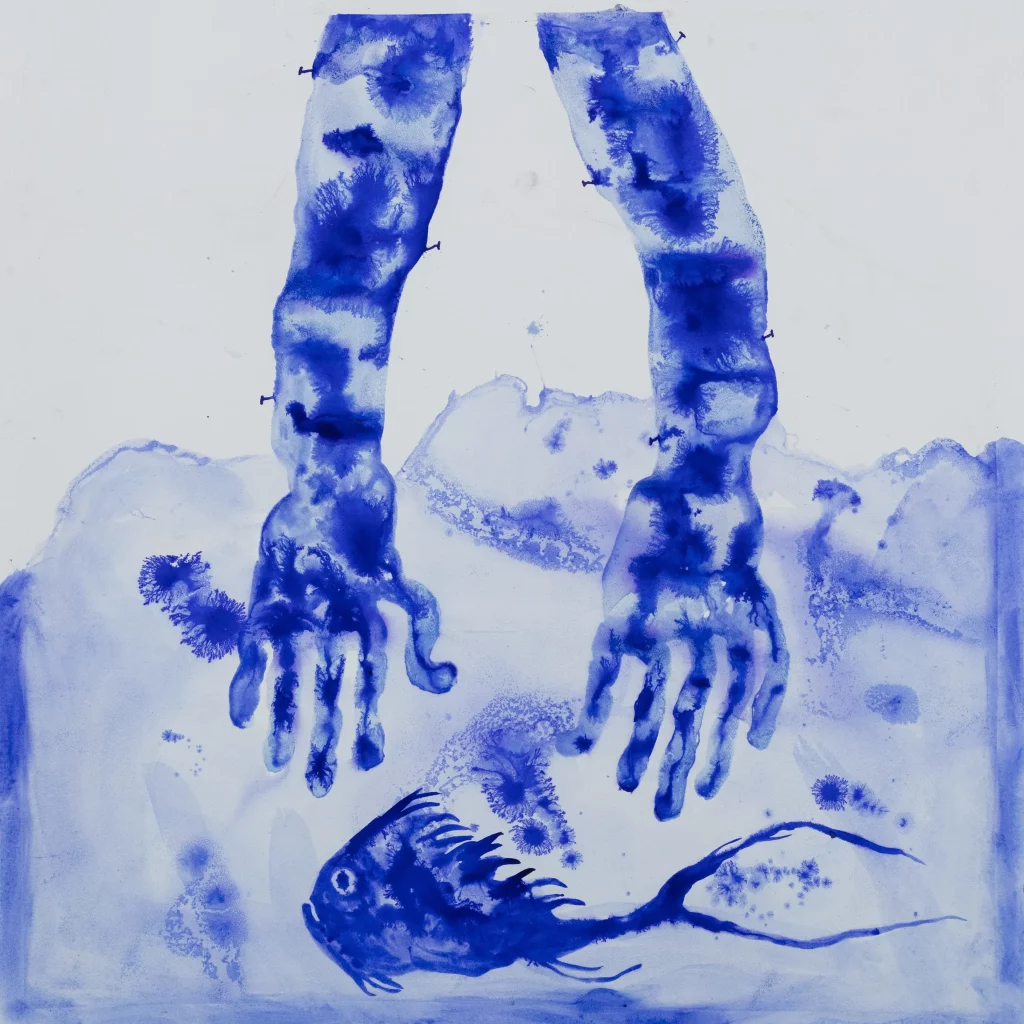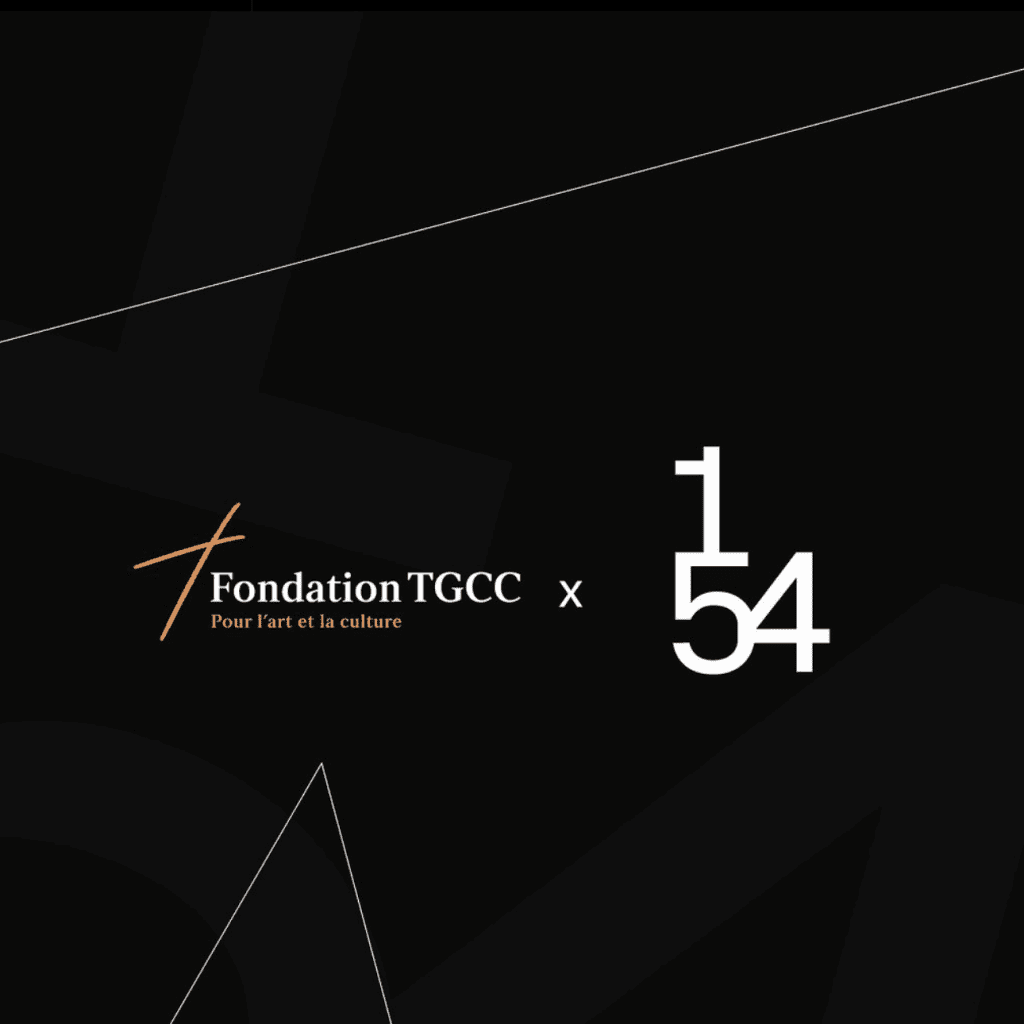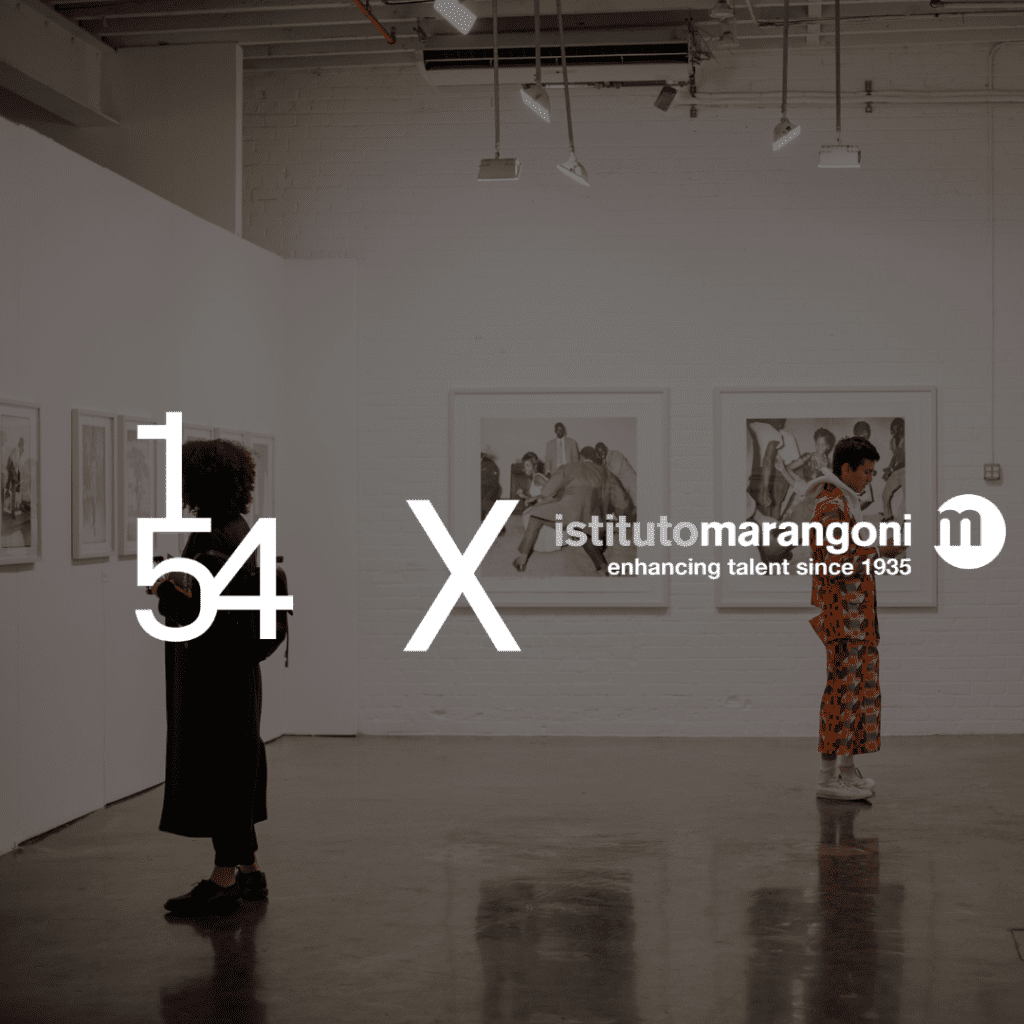1:54 Contemporary African Art Fair, the leading transnational fair for Africa and Africa-related art practices and projects, announces the 2016 schedule for 1:54 FORUM, the fair’s unique discursive program curated by Koyo Kouoh, Founder and Artistic Director of RAW Material Company, Dakar and Curator of the 2016 EVA International – Ireland’s Biennial of Contemporary Art.
This year devised as a collaborative format, Kouoh welcomes to the program Adrienne Edwards (Performa, New York and Walker Art Center, Minneapolis), Ugochukwu-Smooth C. Nzewi (Hood Museum of Art, Dartmouth College), and Dexter Wimberly (independent New York-based curator).
In addition to FORUM, 1:54 is hosting 1:54 PERFORMS, a new performance section for this year’s edition co-presented with Performa and curated by Adrienne Edwards, Curator at Performa and Curator-at-Large at the Walker Art Center. This innovative platform of the fair will centre around two original performances.
To view full FORUM program, click here.
Listen to 2015 talks in the FORUM archive here.
Featuring contributions from a rising generation of cultural entrepreneurs and producers, FORUM’s program will pivot around contemporary forms of exhibition, collecting, and dissemination. Through a series of panel discussions and artist talks, discussants will consider critical topics that include independent and institutional curating in a digital and increasingly decentered age. This will build on current waves of productivity steadily metabolising the digital as a valuable tool in disseminating and connecting with forms of knowledge and exchange.
The program will act as a go-between travelling from historical, formative moments to future hypotheses in the areas of artmaking, exhibition, dissemination, and critical reflection. With a vast amount of activity now taking place online, the subject of how institutions have sought to deal with this shift, with its own set of conditions of engagement and display, will be visited.
Further considered will be the art world’s increasingly digitality, and how this might be mapped out in respect of routes of physical repatriation. This comes at a time when many creative practitioners, having undertaken their training and education in the United States and Europe, are returning to the African continent to work in the cultural sector. Challenges abound, we might ask whether this means more possibilities are being afforded; and whether professionals are able to move more freely to live and work beyond the limits of geography.
